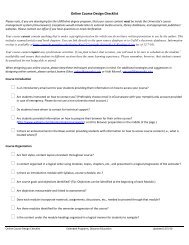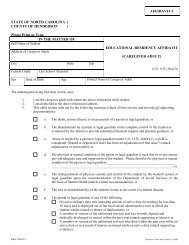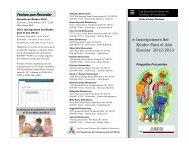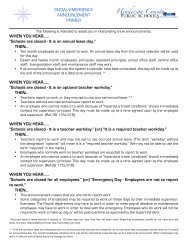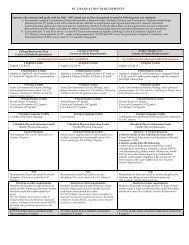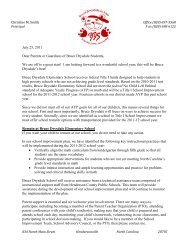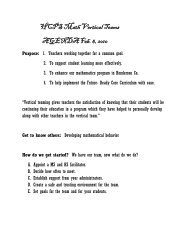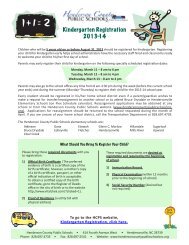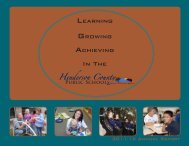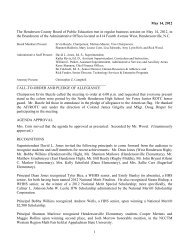NO CHILD LEFT BEHIND: - Henderson County Public Schools
NO CHILD LEFT BEHIND: - Henderson County Public Schools
NO CHILD LEFT BEHIND: - Henderson County Public Schools
You also want an ePaper? Increase the reach of your titles
YUMPU automatically turns print PDFs into web optimized ePapers that Google loves.
Elementary and Secondary Education Act is the principal federal law affecting K-12<br />
education. When the ESEA of 1965 was reauthorized and amended in 2001, it was<br />
renamed the No Child Left Behind Act. The 2001 reauthorization represented<br />
significant changes from the 1994 reauthorization that affect all public elementary<br />
and secondary schools in the country. The law is up for reauthorization in 2007.<br />
Highly Qualified is an NCLB-defined teacher requirement which, in North Carolina,<br />
is a teacher who has obtained full state teacher certification or has passed the state<br />
teacher licensing examination and holds a license to teach in the state; holds a<br />
minimum of a bachelor's degree; and has demonstrated subject area competence.<br />
No Child Left Behind (NCLB) Act of 2001 is the most recent reauthorization of<br />
the Elementary and Secondary Authorization Act of 1965. The reauthorized law<br />
added strict new accountability changes and mandated that every child be taught by<br />
a Highly Qualified teacher. The law emphasizes standards for teachers and<br />
consequences for Title I schools that do not meet student achievement standards for<br />
two or more consecutive years. The law’s major goal is for every school to be at 100<br />
percent proficiency by 2013-14 as measured by state tests.<br />
North Carolina Standard Course of Study (NCSOS) provides a guideline of what<br />
all students should know and be able to do for each grade level and academic subject.<br />
It defines the minimum standards for school systems to follow and to communicate to<br />
the public. State accountability measures are derived from the state curriculum.<br />
Proficient/Proficiency are terms referring to student work that meets the<br />
achievement standard set by North Carolina for that grade level.<br />
Sanctions is the term often used to describe the consequences for Title I schools in<br />
various levels of Title I School Improvement. The more years a school does not meet<br />
its Adequate Yearly Progress target goals in the same subject (reading/language arts<br />
and/or math), the more severe sanctions become.<br />
School Improvement is the status a Title I school enters after not making Adequate<br />
Yearly Progress for two consecutive years in the same subject (reading/language arts<br />
or math). A Title I school exits Improvement after two consecutive years of making<br />
Adequate Yearly Progress in the subject that identified it for Improvement (reading/<br />
language arts and/or math). It is possible for a school to exit Improvement for one<br />
subject, while entering into or remaining in Improvement based on the other subject.<br />
Title I is the largest federal education funding program. It provides funding for high<br />
poverty schools to help students who are behind academically or at risk of falling behind.<br />
Many of NCLB’s requirements – Adequate Yearly Progress, Highly Qualified teacher<br />
standards, accountability, sanctions for schools designated for Improvement, achievement<br />
standards and assessments, annual state report cards, professional development and<br />
parent involvement – are outlined in Title I. Title I used to be called Chapter One.



